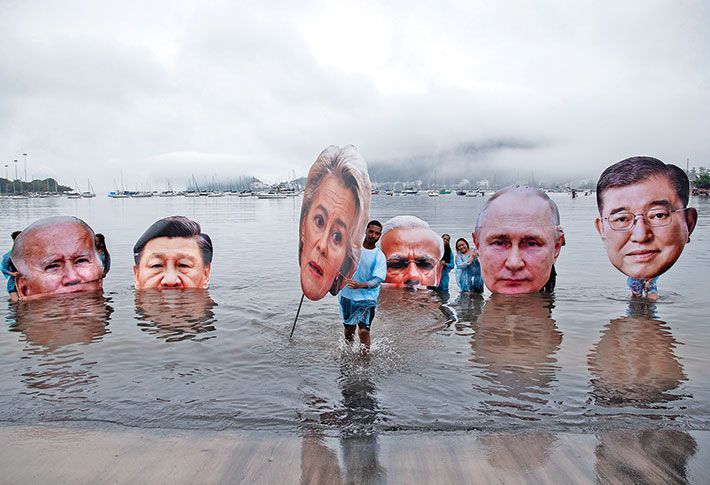Little Progress Made at COP29 on Global Funding for Climate Action Amid Distractions and Differences

Baku, Azerbaijan - The first week of the 29th Conference of the Parties (COP29)United Nations climate talks ended with little progress made on a key issue: how much rich nations should pay to developed ones to help address the impacts of climate change.
Despite high-level meetings and discussions among world leaders, the main bone of contention - financial support for developing countries to move away from dirty fuels, cope with rising temperatures, seas, and extreme weather, and pay for damage already caused by climate-driven events - remained unresolved. The talks, held in Baku, Azerbaijan, saw government ministers from around the world arriving for the second week of negotiations to tackle the hard politics deal-making.
The main battleground between rich donor nations and developing countries remains a staggering $1 trillion annual figure, with poor countries insisting on at least this amount, while wealthy nations, such as the US and Canada, are pushing for a lower floor of $100 billion. "All the developing countries look very united behind USD 1.3-trillion," said policy lead at Mercy Corps Debbie Hillier. "That's not just a ceiling; that's what they think they need."
However, wealthy donor nations have shied away from making an official commitment to this figure, hoping to pick one up during the final stages of negotiations. This lack of transparency has left developing countries feeling frustrated, according to Harjeet Singh, global engagement director for the Fossil Fuel Non-Proliferation Treaty Initiative.
"They intended to really come clean and show their commitment," Singh said, "but they have not uttered a single word about what the final total is going to be... especially now. In this case, negotiations on key issues need to move much faster."
The United Nations Climate Secretary Simon Stiell also expressed concern that progress was being hindered by the lack of concrete details from wealthy nations.
